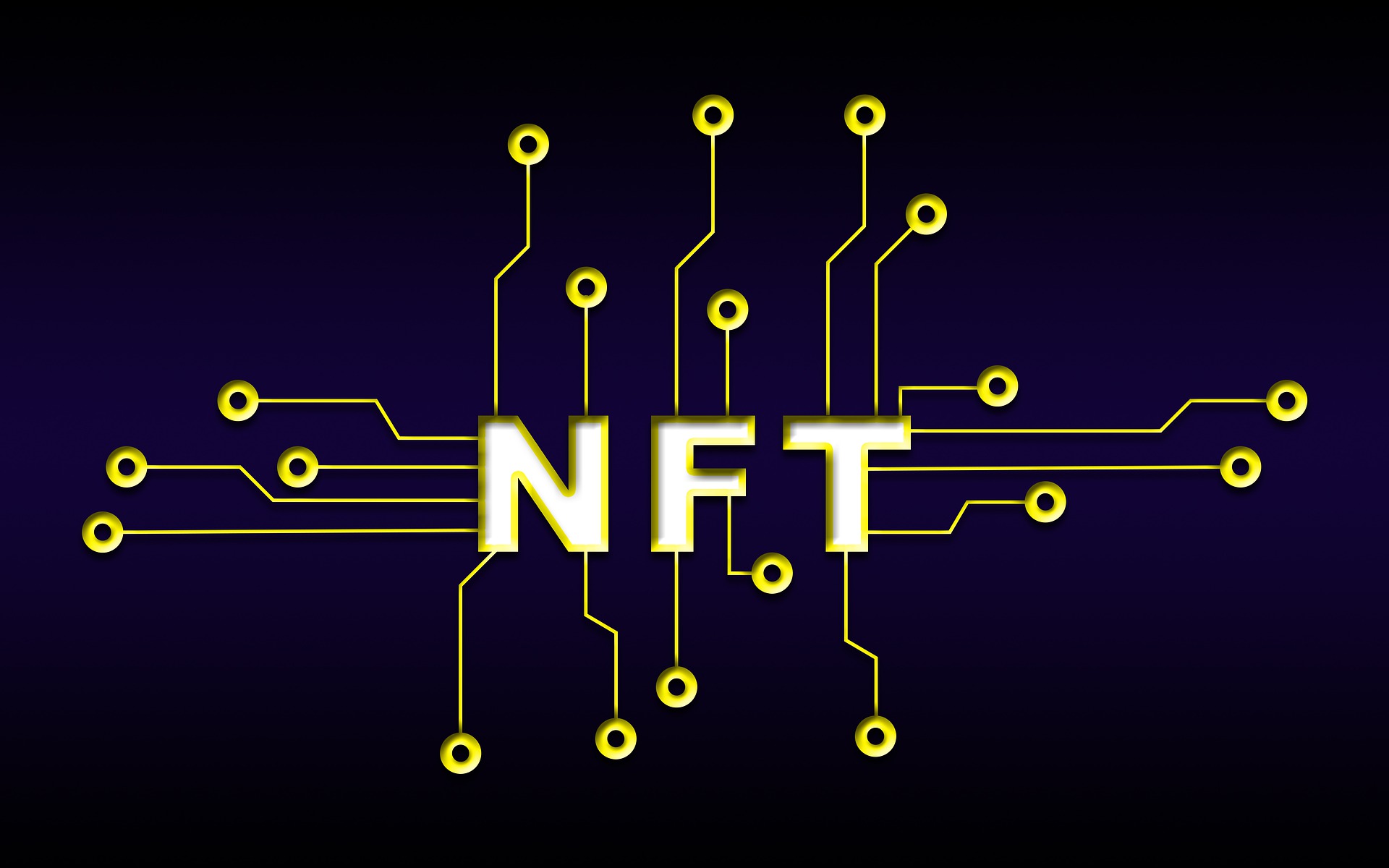Pixabay
It’s been a rough year for proponents of cryptocurrencies, non-fungible tokens, and other blockchain-based technologies.
Cryptocurrency exchange FTX collapsed in November, incinerating billions of dollars of investors’ capital after its fraudulent activities were exposed. The price of many non-fungible tokens, or NFTs–a type of asset that sometimes resembles a digital trading card, most famously the Bored Ape Yacht Club collection–have plummeted. And the Securities and Exchange Commission has launched new crackdowns on even the most reputable crypto firms.
Given these events, many Americans are understandably skeptical of blockchain-based technologies. Some are tempted to dismiss the entire sector as fraudulent.
That’d be a mistake. The underlying blockchain technology is incredibly powerful.
But to legitimize a blockchain-based, decentralized internet–what’s colloquially known as “Web3”–companies within the industry will need to do a much better job of policing themselves, rooting out abusive practices, and creating a welcoming business environment.
Consider recent developments concerning one of the most consequential use-cases of the blockchain: NFT domains, which are novel versions of the traditional “.com” or “.org” domain names most of us are familiar with, but with some very important differences.
Traditional domains exist on a single centralized system managed by the non-profit Internet Corporation for Assigned Names and Numbers (ICANN). When someone purchases “name.com,” they are really just buying the rights to that domain. Sometimes companies forget to renew their domains, leading them to lose control over important web content.
By contrast, NFT domains are stored on the blockchain–a digital ledger distributed across a decentralized network of computers. These domains can be purchased outright, with the buyer retaining complete ownership of the domain and all the data associated with it, often for just a one-time payment.
Normally, blockchain wallet addresses consist of unruly strings of letters and numbers that are difficult to recognize, much less remember. NFT domains simplify those addresses into easy-to-recognize names that can’t be duplicated or forged.
While NFT domains can be used to display content like a traditional website, their applications go far beyond that. NFT domains can function as a person or institution’s main online identity, which can be used to conduct cryptocurrency transactions, sign into websites, or even interact in the Metaverse.
As an example, “.eth” is owned by blockchain platform Ethereum Name Service and is the most popular blockchain domain. Nike owns “dotswoosh.eth,” while Budweiser recently purchased the NFT domain beer.eth.
To appeal to younger consumers, Budweiser changed its Twitter profile pic to an NFT of an illustrated, Budweiser-themed rocket. It also launched a “heritage collection” of NFTs featuring historical beer cans.
For their part, Nike and Gucci are experimenting with Metaverse consumer experiences. And luxury brands like Prada, Tiffany, and Balenciaga are pairing unique physical products with NFT collections, which help authenticate sellers and buyers via blockchain technology. In short order, NFT domains will also complement existing blockchain-facilitated marketing–from personalizing loyalty rewards programs to eliminating spam and bots.
But significant challenges are preventing NFT domains from going fully mainstream.
First, there’s little to stop someone from purchasing an NFT domain for a well-known institution–a bank, for instance, or a major retailer–and masquerading as that organization to defraud customers. A person might think they’re paying their bills or buying pants, when in fact they are sending a cryptocurrency payment to a bad actor. The damage to corporate reputations could be irreversible.
It’s also common for so-called “domain squatters” to purchase high-profile domains and sell them to companies for outrageous sums. In fact, right now, a staggering 99.36% of .eth domains for companies on the Fortune Global 100 list are owned by squatters.
Someone squatting on “riteaid.eth,” hoping to sell the domain to Rite Aid’s parent company (Walgreens), recently contacted me. The squatter is selling the domain–which he bought for $5,000–for $200,000. I declined working with them. In addition, Samsung.eth and Google.eth are each listed for over $100,000.
Brands can avoid being extorted by registering their NFT domains now. Those that don’t will come to regret it.
While underhanded domain-related behavior could normally be addressed with some well-crafted regulations enforced by a central authority like ICANN, the decentralized nature of the blockchain–and the fact that NFT domains are entirely owned by the person who bought them–makes this improbable.
Without a system of rules and procedures that prevent such infringement — and provide recourse to wronged parties when it does occur — the NFT domain landscape will be too unpredictable to achieve broad adoption. And the only way such procedures can take hold is if current NFT domain providers adopt them voluntarily.
To their credit, some providers — most notably members of the Web3 Domain Alliance — are discussing protective blocks to prevent infringement. But that won’t remedy the fraud that’s already underway. What’s needed is an industry-wide effort to foster trust and reliability.
Unless these NFT domain companies find a way to self-regulate, this promising industry may never get off the ground, and the dream of a secure, decentralized, next-generation web may never materialize.
(Josh Bourne is the founder of FairWinds, a domain name consultancy.)







